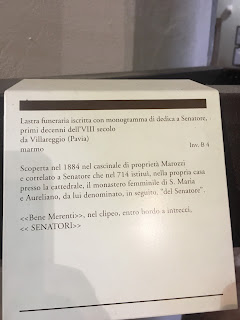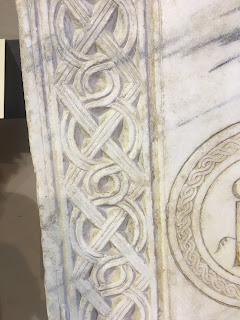This will be a rather unusual post compared to those I have made in the last couple of years. Yet, I feel the need to share my thoughts about the movie titled 'Heart of Stone' on Netflix. This perspective is that of a reviewer, not intending to criticize the movie script. This movie diverges from the typical 'resilience' theme often found on Netflix. However, it offers a captivating storyline filled with numerous thrilling adventures.
The movie's plot revolves around a core machine named 'Heart,' an AI system capable of controlling and monitoring every aspect of humans and the world. MI6 wields this unit to maintain global balance and make decisions, with Officer 'Stone' (Gal Gadot) playing a significant role. She was mentored by 'Nomad,' the chief figure or leader of the MI6, who safeguards the Heart. Parker (Jamie Dornan), a former MI6 intelligence operative, seeks to obtain the power of the Heart to control world affairs and seek revenge on MI6 for abandoning him. He gains support from an Indian tech nerd, 'Keya' (Alia Bhatt), who also aims to uncover the truth behind her parents' deaths, without causing harm along the way. The adventure-packed movie concludes predictably, with the villains meeting their demise. Keya, who harbored noble intentions, joins forces with Stone and becomes part of MI6. The world moves forward, and the credits roll.
In my perspective, this reflects the prevailing Western worldview on certain matters, with the cast embodying these phenomena. As usual, 'Stone,' the exceptional heroine, saves the day, serving as a representation of white Western feminism. Parker and the various Russian and Chechnian elements symbolize the underlying malevolence that Western heroes attempt to combat within certain limits. These adversaries, situated on the periphery, struggle to infiltrate the Western sphere. Parker, however, manages this, being a type of Westerner – albeit from the North – who possesses a rebellious streak. Enter Keya, the Indian tech prodigy, who adeptly breaches Heart's security systems and reinstates it using her biometrics. This symbolizes the control wielded by Indians or South Asians over global tech giants, their ability to manipulate them as tools, and their capacity to infiltrate domains zealously guarded by the Western establishment. Admirable indeed! Keya initially aligns with malevolence (a leftist or communist inclination – whatever the West views as negative), but eventually, she supports Stone and aids in saving the world. Her reward? A spot within MI6, bestowed with the moniker 'Joker.' Quite impressive.
Whom did Stone strive to rescue? A black American woman named 'Nomad' and her team from a suffocating enclosure. Meanwhile, other leaders, such as those from China and other influential nations, meet their demise in due course.
I perceive the plot as a portrayal of the past, present, and future, where the Western viewpoint seeks to assert its dominion over the world by transcending all boundaries through the wonder woman archetype. It suggests that while Indian or South Asian tech prodigies possess remarkable intelligence, they remain entwined with Western agendas, whether for good or ill. Without such affiliations, they grapple with profound emotional wounds, attempting to heal these without considering the broader context. Only a virtuous Westerner can awaken their discernment, although they still occupy a comical role within the system. In contrast, Nomad signifies the potential salvation of the suffocating African continent by Western heroes – a partnership that proves beneficial. Why? Because the Asian century is on the horizon, and the West requires a buffer zone to absorb its impact. Fresh battlegrounds are necessary to confront their insecurities and maintain a source of power.
From my perspective, 'Heart of Stone' serves as another manifestation of the superior west mindset, endeavoring to imprint this ideology on viewers through diverse means. Just food for thought.
Image source - https://www.clovia.com/blog/alia-bhatt-to-steal-hearts-with-her-heart-of-stone/





















































